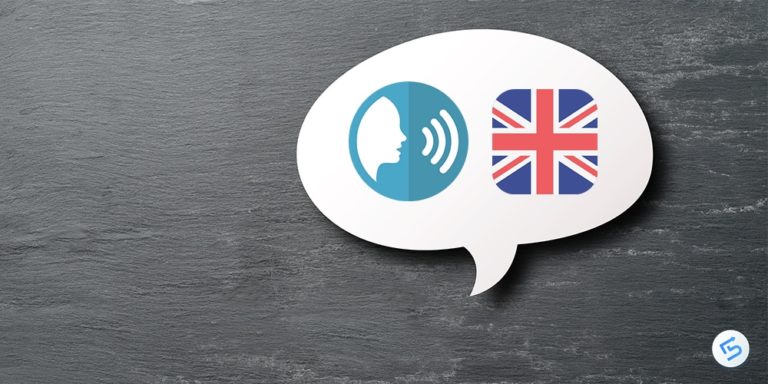
Close


If you do not speak English fluently, you are probably afraid to express yourself in the language of Shakespeare. And if you do not have the courage to express yourself, your vocabulary and fluency will not improve and you will have even less courage to speak English.
It’s a vicious circle. A good way to move forward is to start the process with kindly listeners, those you are comfortable with if you make mistakes in English. For example, start with friends, in a non-professional context where English is not an issue.
To improve your English, you’d probably tell yourself that you must turn to the best, the “native speakers”. This is certainly true when you’re learning, but it’s much less the case when you’re practising, especially in business.
What’s more, a Scandinavian study showed in 2016 that the stress level of employees (non-bilingual) increases as soon as a “Native speaker” enters a conversation. If you are looking for sympathetic people with whom to practice your English, choose people at your level, or just a little better.
There’s nothing like it … So why not watch a film or TV show in its original version, both with and without subtitles, and in particular debates so that you learn how to respond and express yourself with impact.
“at least 90% of affective messages are non-verbal” (Goleman 1997). Indeed, your body sends at least as many messages as words do, so remember to use your hands, your body, or even overplay certain emotions to increase impact.